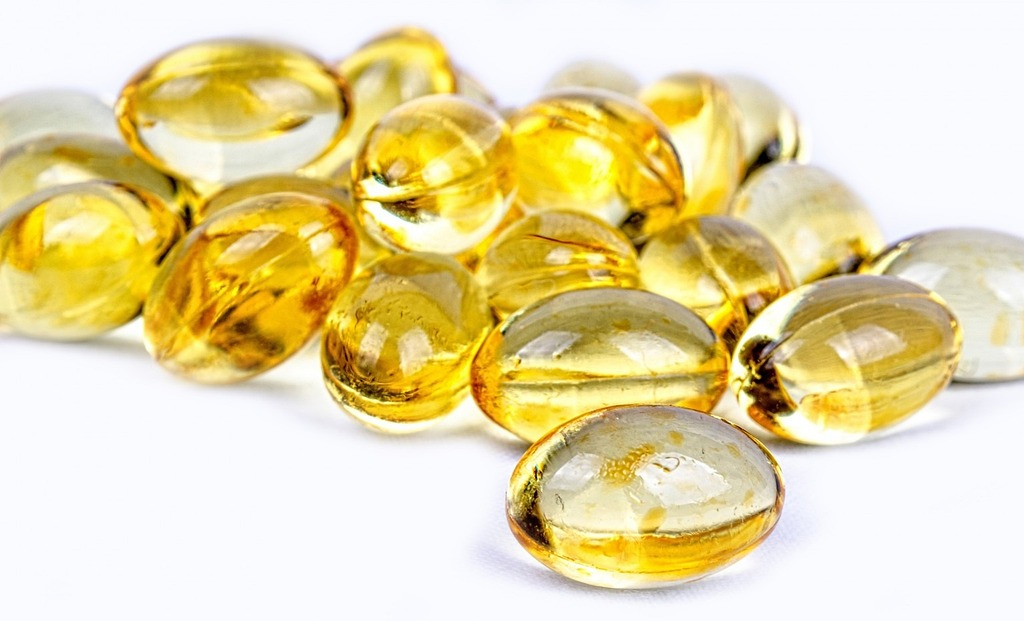Vitamin D is a crucial nutrient that plays a vital role in various bodily functions, including bone health, immune system function, and mood regulation. While the primary source of vitamin D is sunlight exposure, there are also some dietary sources that can help you meet your vitamin D needs.
Here are some good food sources of vitamin D:
Fatty Fish: Fatty fish such as salmon, trout, mackerel, sardines, and tuna are excellent sources of vitamin D. Just 3.5 ounces (100 grams) of cooked salmon can provide around 400-600 international units (IU) of vitamin D, which is more than the daily recommended intake for most adults.
Cod Liver Oil: Cod liver oil is derived from the liver of codfish and is a potent source of vitamin D. It is available in supplement form and can provide a significant amount of vitamin D. However, it’s important to note that cod liver oil is also high in vitamin A, so it should be taken in moderation.
Egg Yolks: Egg yolks contain small amounts of vitamin D. While the exact amount may vary depending on the chicken’s diet, free-range or pasture-raised eggs tend to have higher levels of vitamin D compared to eggs from chickens raised indoors.
Mushrooms: Some types of mushrooms, particularly those exposed to ultraviolet (UV) light during growth, can provide a modest amount of vitamin D. Examples include shiitake and maitake mushrooms. The vitamin D content in mushrooms can vary, so it’s best to check the labels or opt for specifically fortified varieties.
Things To Keep In Mind If You Are Eating Fruits At Night – Details | ALSO READ
Fortified Foods: Certain foods are often fortified with vitamin D to increase their nutritional value. Common fortified options include cow’s milk, plant-based milk (such as soy or almond milk), orange juice, breakfast cereals, and yogurt. Check the product labels to ensure they are fortified with vitamin D.
Recent research suggests that taking Vitamin D supplements may potentially lower the risk of significant cardiovascular events, such as heart attacks, particularly among individuals aged 60 and above.

